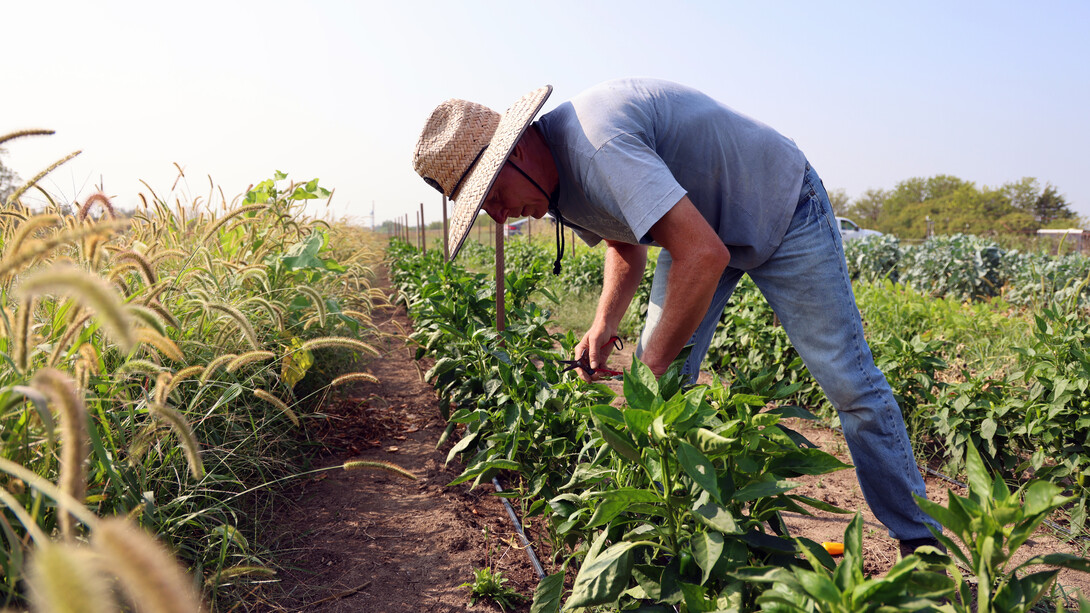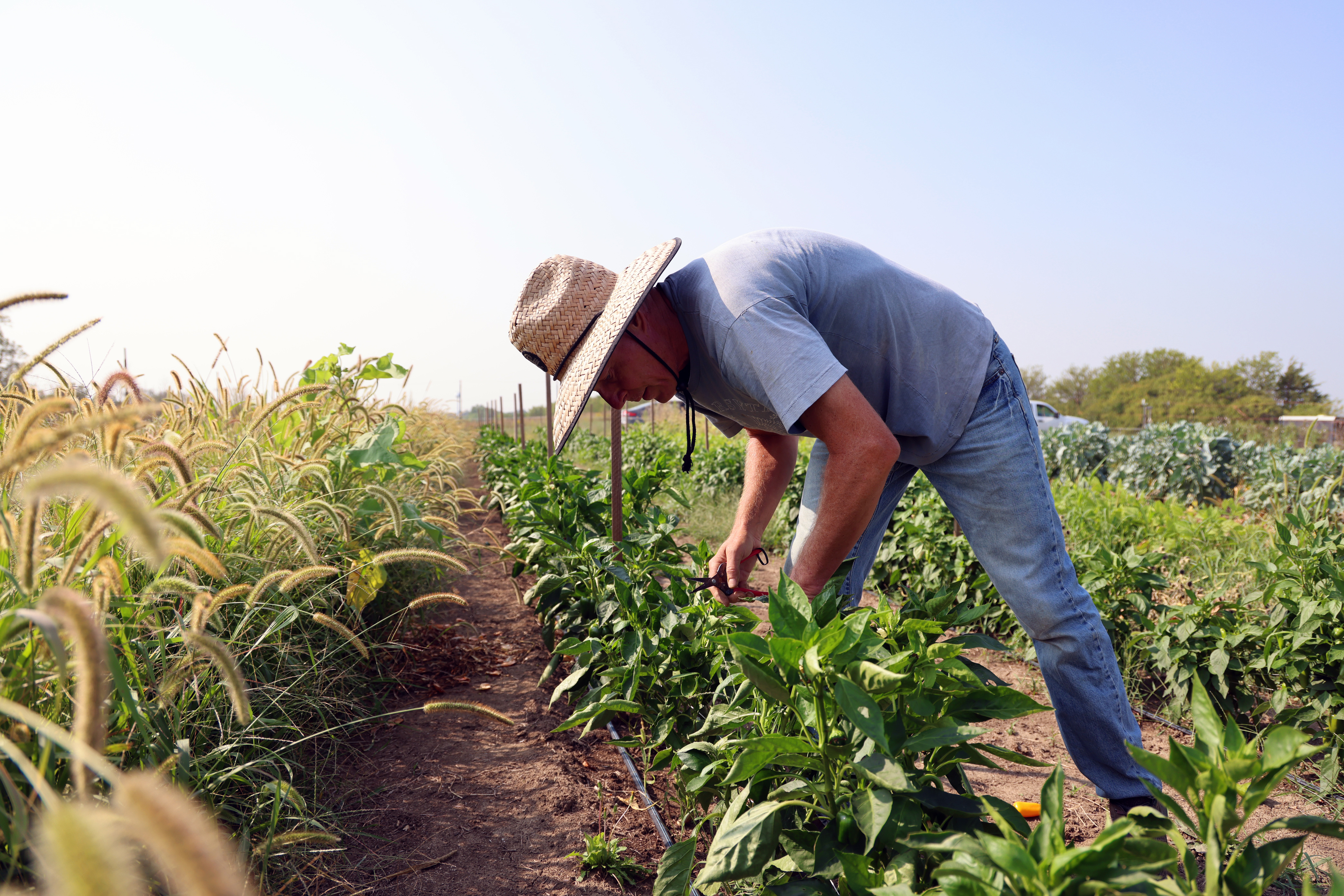
The U.S. Department of Agriculture and Heartland Regional Food Business Center have unveiled more than $3.7 million in Business Builder grants to support small, mid-sized and diverse food and farm entrepreneurs.
The funding aims to drive business growth, job creation and increase the availability of local products across Nebraska, Iowa, Kansas, Missouri, Oklahoma and northwest Arkansas.
Rural Prosperity Nebraska is one of 34 Heartland Center partners working to fill gaps in resources available to local food and farm businesses that are ready to start and grow. Through the Nebraska Regional Food Systems Initiative, Rural Prosperity Nebraska Extension educators have been working with farmers, farmers markets, local grocery stores and government-funded programs such as SNAP to make local foods more accessible and affordable for all Nebraskans.
The Heartland Center is one of 12 centers, along with the National Intertribal Food Business Center, that offer local and regional food system coordination, technical assistance and capacity building. The centers assist small and mid-sized producers, and food and farm businesses, in creating a more resilient, diverse and competitive food system. The Heartland Center is led by the University of Nebraska–Lincoln and rural Missouri community development corporation New Growth.
The initial $3.7 million is part of a larger $11.15 million fund allocated to the Heartland Center’s Business Builder program. The program will offer semi-annually competitive grants ranging from $5,000 to $50,000, prioritizing:
- Small farms and small businesses in urban and rural areas that operate along the local and regional food value chain;
- Food and farm entrepreneurs who are Indigenous, immigrant, people of color, veterans and otherwise disadvantaged, such as those with physical disabilities;
- Food and farm entrepreneurs who are eager and ready to build their enterprises, from startup through growth;
- Food and farm entrepreneurs who are unsure of eligibility and where to go for assistance and unfamiliar with resources.
Applications for first-round funding are open through Oct. 15. An informational webinar on how to apply will be noon to 1 p.m. Aug. 28. For more information, visit the Heartland Center’s website.
Projects funded through the Heartland Center’s Business Builder program will further the center’s vision of making the region a place where locally produced food will be a major contributor to a resilient and safe food supply through regional networks that make local food an easy, everyday choice, supporting healthy people, community economies and sustainable ecosystems.
“The Regional Food Business Centers are a cornerstone of USDA’s food system transformation efforts, serving to help farmers, ranchers and other food businesses access the resources and technical assistance they need to access new markets,” said Jenny Lester Moffitt, USDA under secretary for marketing and regulatory programs. “The center’s Business Builder grant program will empower the region’s small and mid-sized farmers and food businesses to launch and expand their operations by establishing new revenue streams and gaining investors.”
The Business Builder grant opportunity will inject much-needed capital for building and strengthening local food systems into the Heartland, said Katie Nixon, Heartland Center co-director and leader of the Food Systems Program at New Growth.
“We are excited and ready to provide technical assistance to applicants on their ideas and applications,” she said. “We are here to support our food and farm businesses in their efforts to feed their communities.”
Ben Jewell, a Rural Prosperity Nebraska Extension educator and the team lead for the Nebraska Regional Food System Initiative, said: “We and our Nebraska partners — Center for Rural Affairs, Turtle Island Trade Coalition, No More Empty Pots and Communidad Maya Pixan Ixim — are ready to provide technical assistance to support small businesses that want to grow their operations and need help finding the funding or other resources to take that next step in business development. With the Business Builder grants investing in Nebraska’s small-scale food and farm businesses, we have a unique opportunity to make real and lasting change to our local food system.”








